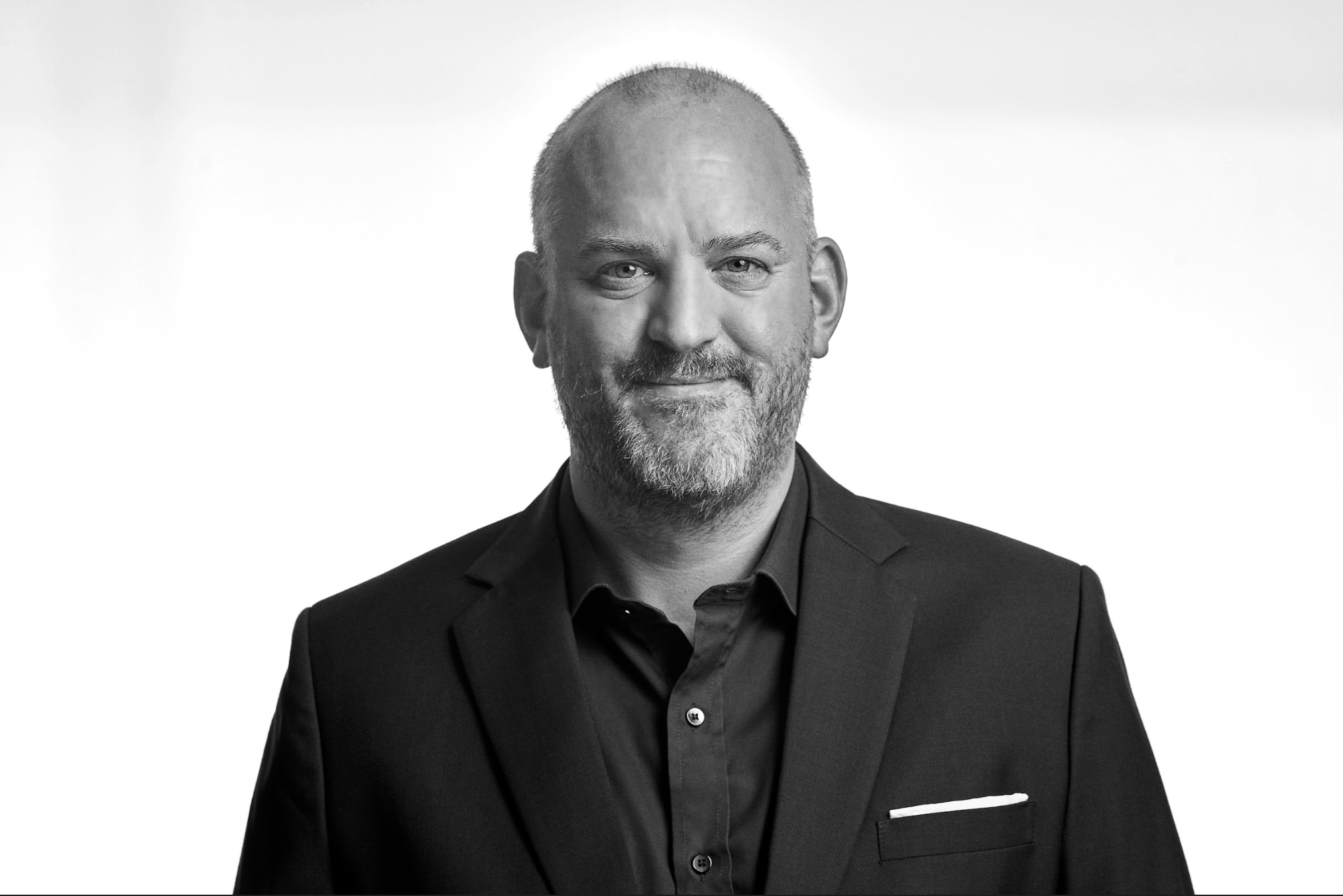
The Era of “Move Fast and Break Things” Is Over
Many of today’s entrepreneurs live by Facebook founder Mark Zuckerberg’s now-famous motto: “Move fast and break things.” Zuckerberg intended for this to inform internal design and management processes, but it aptly captures how entrepreneurs regard disruption: more is always better.
We raced to put our products into consumers’ hands as fast as possible, without regard for the merit of—and rationale for—offline systems of governance. This is increasingly untenable.
Larry Fink’s 2018 letter to CEOs articulated the need for a new paradigm of stakeholder accountability for businesses across the spectrum. In the technology sector, venture capitalists must play a role in driving this change. The technologies of tomorrow—genomics, blockchain, drones, AR/VR, 3D printing—will impact lives to an extent that will dwarf that of the technologies of the past ten years. At the same time, the public will continue to grow weary of perceived abuses by tech companies, and will favor businesses that address economic, social, and environmental problems.
In short, the “move fast and break things” era is over. “Minimum viable products” must be replaced by “minimum virtuous products”—new offerings that test for the effect on stakeholders and build in guards against potential harms.
For VCs, questions are the tool of our trade. If innovation is to survive into the 21st century, we need to change how companies are built by changing the questions we ask of them.
To better assess the social impact of startups’ technology, there are eight questions every company must be able to answer—and every venture capitalist should be asking.
See the questions and full article at HBR
